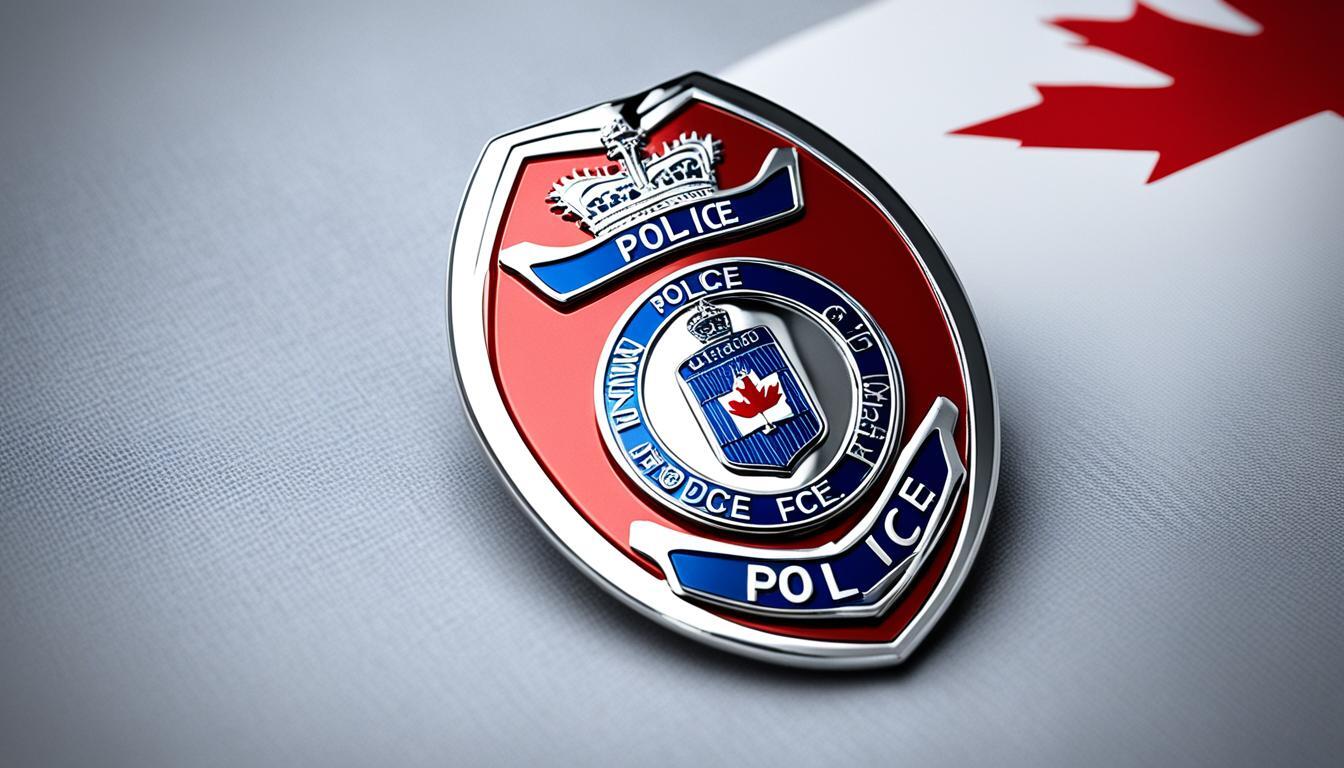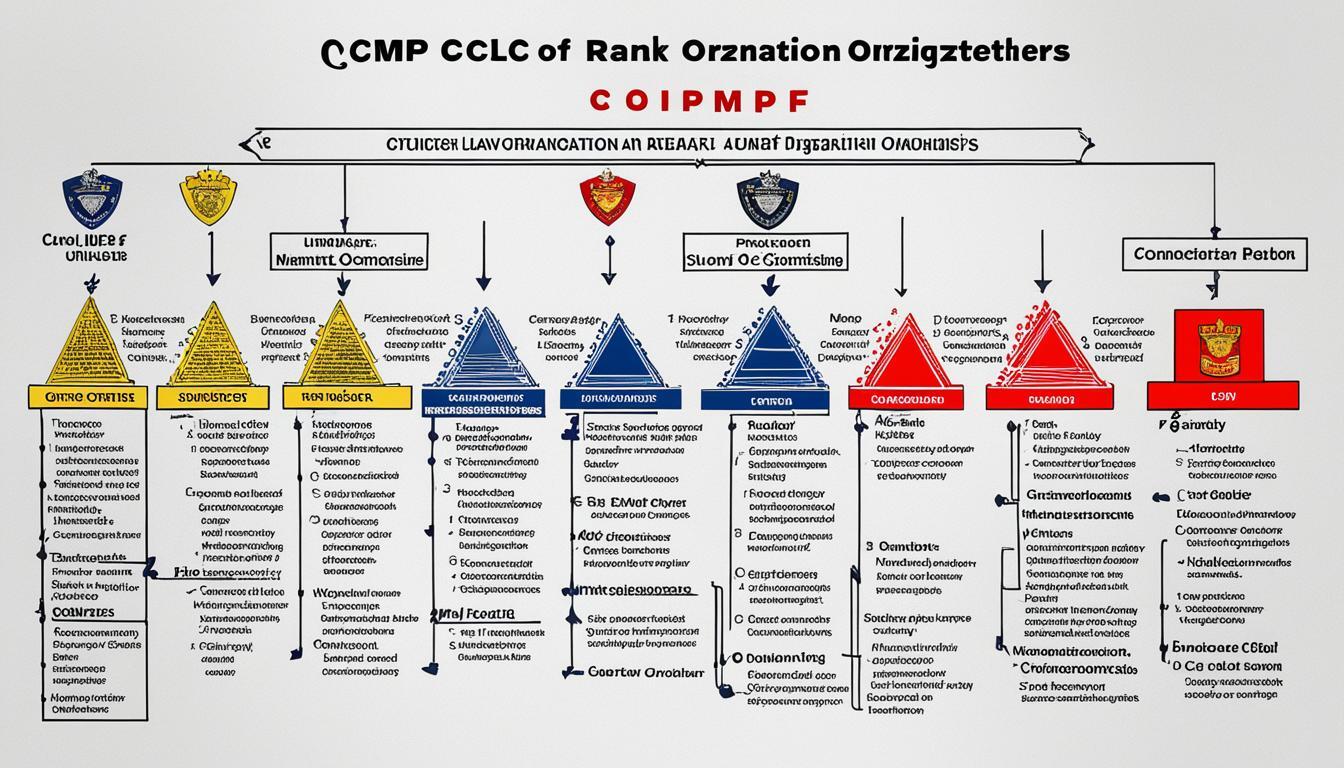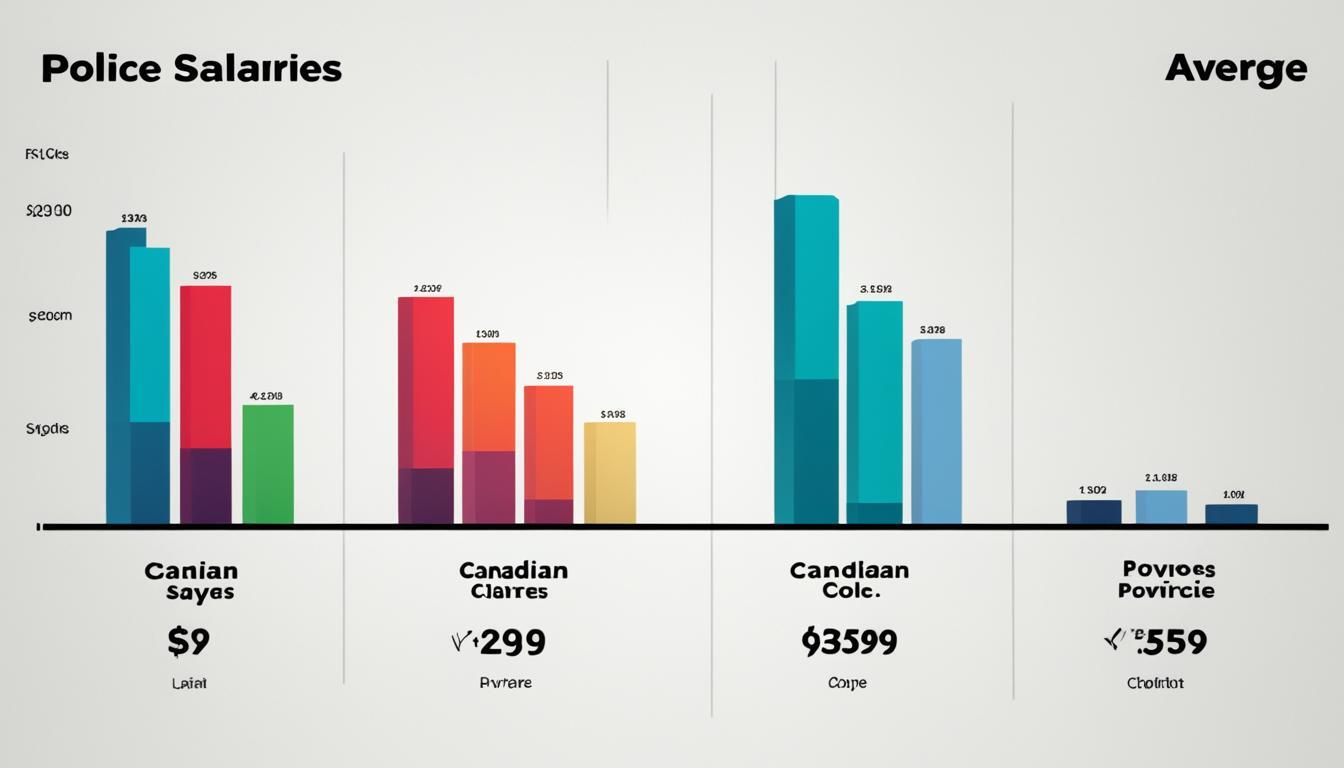Canada’s Top Police Force Rankings Revealed
According to a recent comprehensive study on law enforcement in Canada, there is a striking disparity in the performance of police forces across the country. While some police services have set a commendable standard of excellence, others lag behind in terms of effectiveness, efficiency, and accountability. This revelation sheds light on the importance of evaluating and improving the quality of policing in Canada.
- Several police services in Canada are recognized as the best in the country, setting the benchmark for excellence in law enforcement.
- There are significant variations in the performance, capabilities, and resources of police forces across different provinces and territories.
- Evaluating police effectiveness involves considering factors such as crime rates, response times, community engagement, and proactive crime prevention initiatives.
- The ongoing debate surrounding police reform and accountability seeks to address the challenges and enhance the overall effectiveness of Canadian law enforcement.
- Efforts are being made to foster stronger relationships between the police and Indigenous communities, ensuring culturally sensitive and equitable policing practices.
Responsibilities of Canadian Police Services
When it comes to maintaining peace and order in Canada, police services play a vital role. Their responsibilities extend beyond enforcing criminal laws to include the enforcement of certain civil laws as well. In Canada, the delivery of police services primarily falls under the jurisdiction of provinces and territories, with the exception of Newfoundland and Labrador.
In most provinces, municipalities have the responsibility of establishing their own police forces or entering into contracts with neighboring communities or the province to ensure the provision of police services. This allows for a localized approach to law enforcement, tailored to the specific needs of each community.
The Royal Canadian Mounted Police (RCMP), as the federal police force, provides crucial support in terms of federal criminal law enforcement and contract police services. They step in to assist provinces and municipalities that do not maintain their own police forces, ensuring that every province and municipality has access to effective law enforcement.
Emergency response is a key focus of Canadian police services. They are trained to efficiently and effectively respond to various emergency situations, ranging from natural disasters to acts of terrorism. Their goal is to ensure the safety and well-being of all Canadians in times of crisis.
Criminal investigation units within Canadian police services are tasked with the crucial responsibility of investigating and solving crimes. These units employ highly skilled detectives and forensic experts who work tirelessly to gather evidence, analyze data, and apprehend those responsible for criminal activities. Their efforts are essential in maintaining safety and security within our communities.
Overall, police services in Canada play a critical role in upholding the law, ensuring public safety, and promoting justice. They are dedicated to protecting and serving the communities they represent, and their contributions are invaluable to the well-being of our society.

Key Responsibilities of Canadian Police Services:
- Maintaining peace and order
- Enforcing criminal laws
- Enforcing certain civil laws
- Providing emergency response
- Conducting criminal investigations
Federal Police Forces in Canada
When it comes to federal law enforcement in Canada, two prominent police forces take the lead. The first is the renowned Royal Canadian Mounted Police (RCMP), responsible for enforcing federal laws and maintaining contracts with various jurisdictions. The RCMP plays a crucial role in ensuring border integrity, managing the Canadian Firearms Program, and providing comprehensive training to both Canadian and international police forces.

The second federal police force is the Canadian Forces Military Police (CFMP). Their primary mission is to provide essential police, security, and operational support services to the Canadian Armed Forces and the Department of National Defence. As a military police force, the CFMP holds jurisdiction over Code of Service Discipline offenses, ensuring the maintenance of law and order within military ranks.
Railway Police in Canada
Under the Railway Safety Act, railway companies in Canada have the ability to request that railway employees be appointed as police officers. These officers are responsible for preventing crimes against the railway company and protecting goods and materials being transported through the railway network.
The Canadian National Railway, the Canadian Pacific Kansas City railway, and Via Rail each maintain their own police services. Some transit authorities, such as TransLink in the Metro Vancouver Regional District, also have their own police forces. These police forces have jurisdiction within a certain distance of railway lines or transit operations.
By working closely with local law enforcement agencies, railway police play a crucial role in ensuring the safety and security of railway infrastructure and operations.
| Railway Company | Police Service |
|---|---|
| Canadian National Railway | Canadian National Railway Police Service |
| Canadian Pacific Kansas City railway | Canadian Pacific Police Service |
| Via Rail | Via Rail Police Service |
Provincial Police Forces in Canada
Canada has five provinces that maintain their own provincial police services, ensuring effective law enforcement and public safety within their respective jurisdictions. These provincial police forces play a crucial role in upholding the law and protecting communities. Let’s take a closer look at some of these prominent provincial police forces:
Ontario Provincial Police (OPP)
The Ontario Provincial Police (OPP) is one of the largest provincial police services in Canada. With a primary focus on providing law enforcement services and ensuring public safety to the province of Ontario, the OPP operates across various areas, including traffic enforcement, criminal investigation, emergency response, and community policing.
Sûreté du Québec (SQ)
The Sûreté du Québec (SQ) is responsible for maintaining law and order in the province of Quebec. As the second-largest provincial police force in Canada, the SQ plays a vital role in combating crime, conducting investigations, enforcing traffic regulations, and ensuring the safety of Quebec residents. They also provide assistance to local municipal police forces when needed.
Royal Newfoundland Constabulary (RNC)
The Royal Newfoundland Constabulary (RNC) provides community police services to select urban communities in Newfoundland and Labrador. With a commitment to community-oriented policing, the RNC works closely with the residents to effectively address local issues and maintain public safety within their jurisdiction.
Organized Crime Agency of British Columbia (OCABC)
The Organized Crime Agency of British Columbia (OCABC) specializes in combating organized crime and related criminal activities within the province of British Columbia. With a dedicated focus on disrupting and dismantling criminal networks, the OCABC plays a significant role in protecting the community and ensuring a safe environment for residents.
Unité permanente anticorruption (UPAC)
The Unité permanente anticorruption (UPAC), based in Quebec, is dedicated to fighting corruption and economic crimes within the province. The UPAC investigates and takes action against corruption, fraud, and other illicit activities to ensure transparency, integrity, and public trust in various sectors of society.
These provincial police forces are integral to maintaining law and order and upholding justice within their respective regions in Canada.
Municipal Police Forces in Canada
In smaller Canadian cities, police services are often contracted from the RCMP, while larger cities maintain their own municipal police forces. The RCMP provides contract policing services to approximately 200 municipalities and 600 Aboriginal communities across eight provinces and three territories. The Canadian Association of Chiefs of Police provides a partial directory of municipal police forces in Canada.
Challenges and Potential Reforms in Canadian Policing
There is a pressing need for police reform in Canada, with a particular focus on addressing the treatment of Indigenous communities and enhancing police accountability. Multiple reports and recommendations have outlined potential solutions, including the establishment of a provincial police force in British Columbia, the consolidation of police departments into regional forces, and the implementation of community-based policing models.
Recognizing the urgency of the situation, the federal government is currently conducting a comprehensive review of RCMP services and contract policing. At the provincial level, governments are actively considering measures to improve policing practices and enhance public safety.
These discussions and debates are ongoing, as stakeholders work together to create a more equitable and effective law enforcement system in Canada. The overarching goal is to ensure a fair and unbiased approach to policing, particularly in Indigenous communities, while fostering greater transparency and accountability throughout the system.
- The Role of Police in Community Safety & Unity - October 6, 2025
- Quebec Police Officer Salary Insights 2023 - July 13, 2025
- Canada Arrest Protocol: What Police Say Upon Arrest - June 12, 2025




















Post Comment